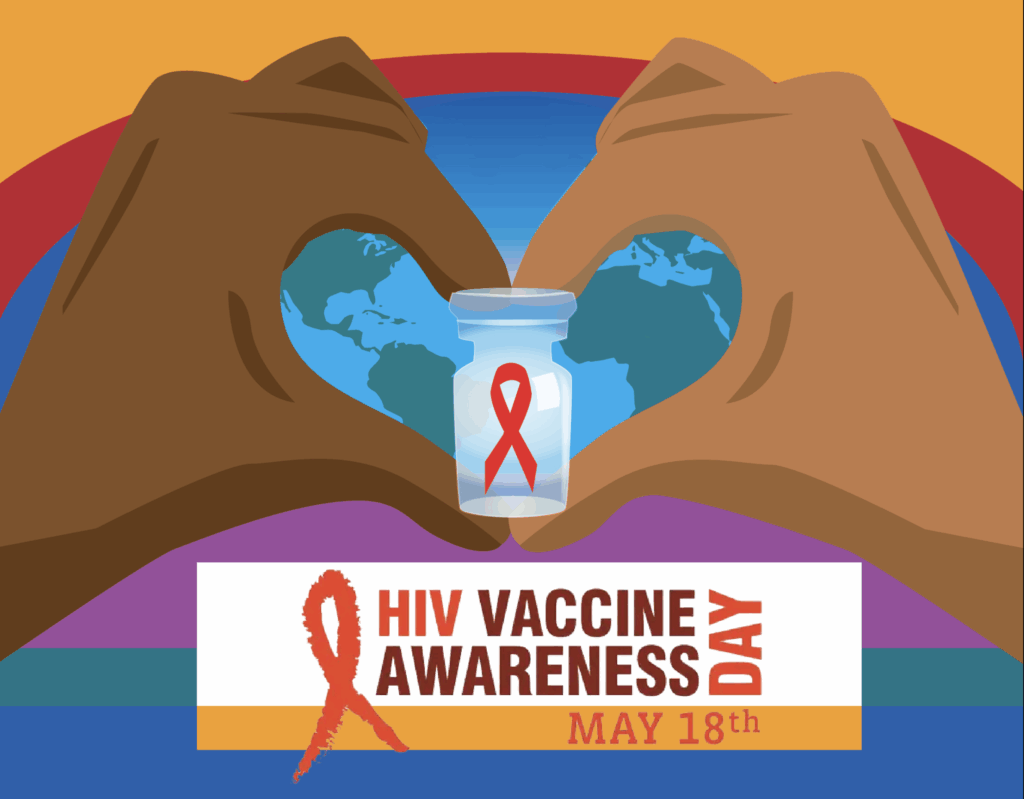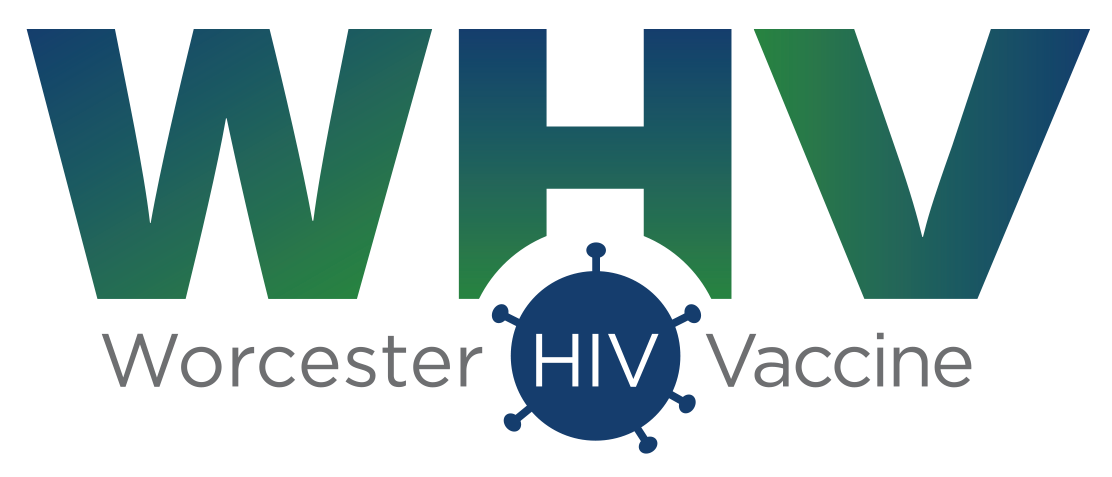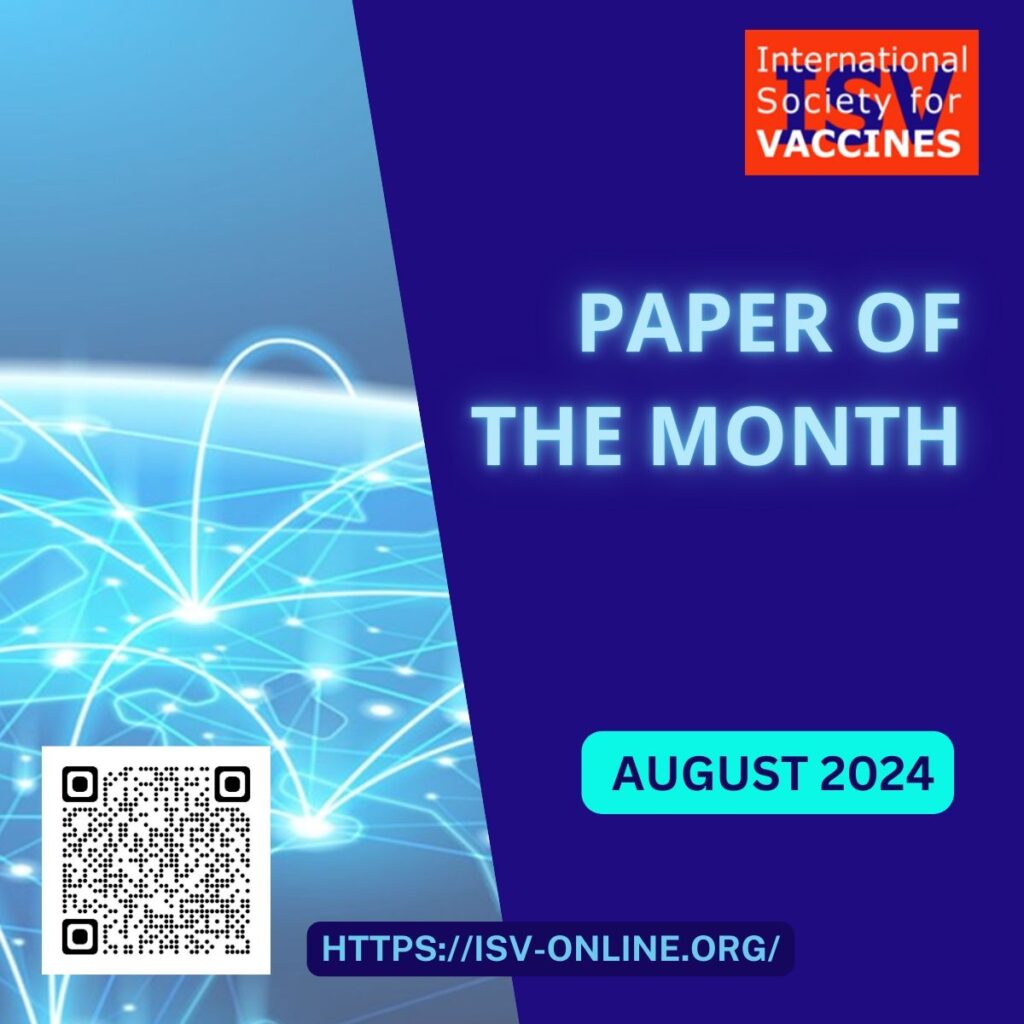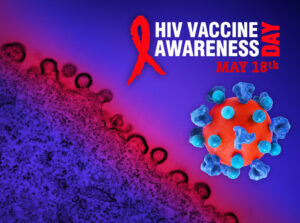It is without a doubt that the HIV vaccine R&D community is currently facing immense challenges with an unknown future. But what the past few decades since the start of the HIV pandemic have proven is that the HIV vaccine research community is determined, resilient and innovative – all of which are not the characteristic traits of people who will easily give up. The current difficulties represent an enormous stick in the wheel for the entire HIV vaccine field, but it is especially in times of crises that people come together, build partnerships, brainstorm solutions, share resources, and join collaborative efforts to overcome those challenges. We will all tighten our belts and keep working towards our common goal: To develop a vaccine that can help prevent HIV infection around the world. Because amidst all the current unknowns, one thing is clear: The world still needs a safe and effective HIV vaccine, despite the advancements in other HIV prevention methods.
Today, on HIV Vaccine Awareness Day, WHV wants to take this opportunity to thank our partners for our joint achievements of the last few years: Not only did we successfully complete two phase 1 trials, we also published remarkable safety and immunogenicity results induced by WHV’s polyvalent DNA/Protein HIV Vaccine candidate, PDPHV. These successes drive us to continue the PDPHV product development program with our devoted partners despite the current difficulties. As we prepare for the next steps to move PDPHV through more advanced phase clinical testing, we are eager to soon start the next phase 2a trial.




